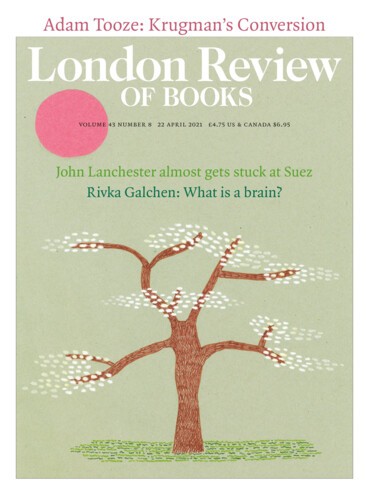Prussian Disneyland
Jan-Werner Müller, 9 September 2021
The reconstructed palace, with Franco Stella’s razionalismo façade.
Thirty years ago, the Bundestag voted to move from sleepy Bonn to newly unified Berlin. There was a lot of anxiety at the time that the change might signal the emergence of a more nationalist Germany, but even the most apprehensive couldn’t have imagined that the centre of the new-old capital, the...





